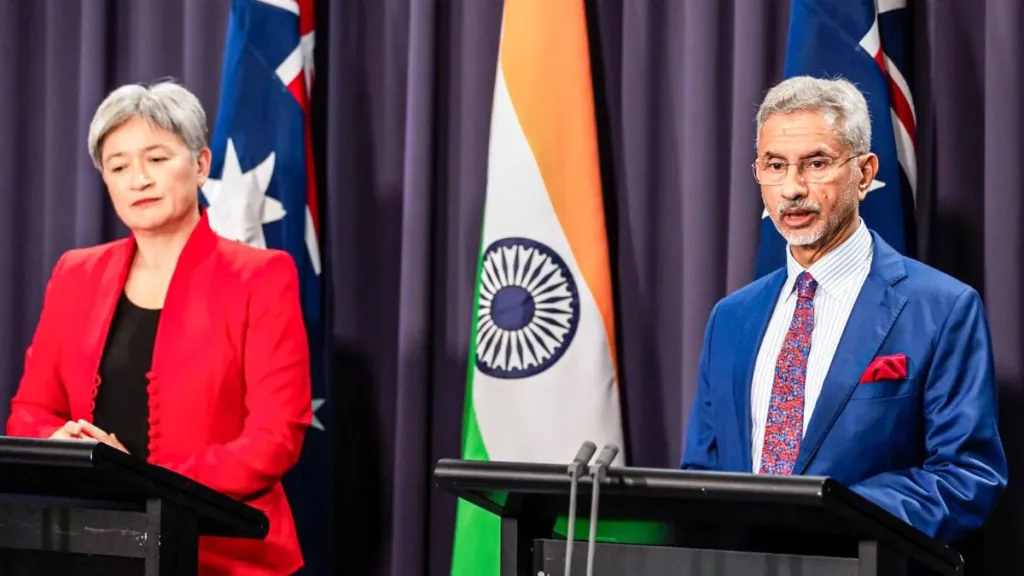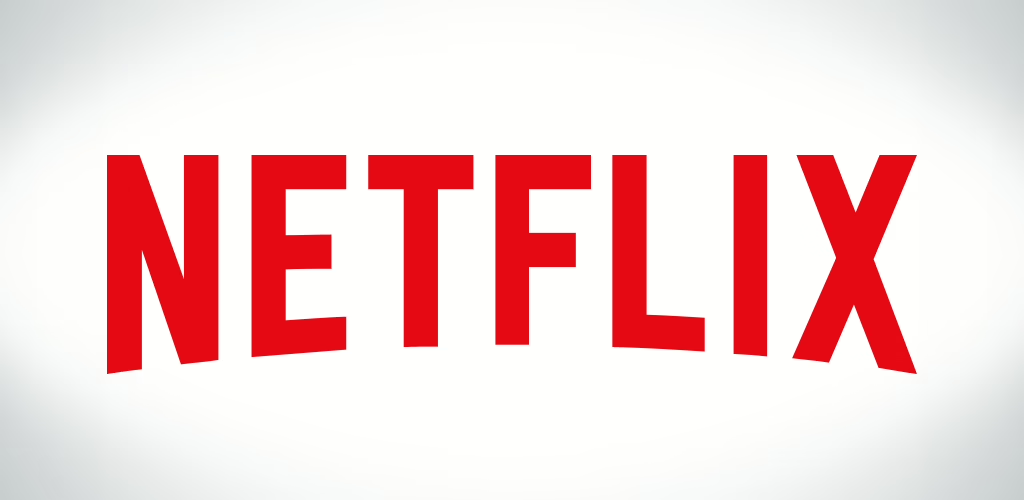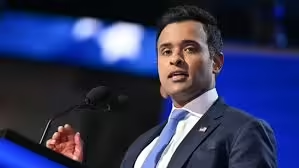
Canada Bans Australia Today After Jaishankar’s Press Conference
India has strongly criticized Canada’s decision to ban Australia Today, a significant media outlet for the Indian diaspora, shortly after it aired External Affairs Minister S. Jaishankar’s remarks on the ongoing India-Canada diplomatic standoff and the rise of Khalistani extremism in Canada. The Indian Ministry of External Affairs (MEA) expressed surprise at Canada’s move and accused Ottawa of hypocrisy regarding freedom of speech.
The incident occurred on November 7, 2024, just hours after Australia Today broadcasted a joint press conference featuring Jaishankar and Australian Foreign Minister Penny Wong in Canberra. In the press conference, Jaishankar raised critical issues related to Canada’s handling of Khalistani elements and the safety of Indian diplomats in Canada.
India Calls Out Canada’s Hypocrisy
At a media briefing in New Delhi, MEA spokesperson Randhir Jaiswal condemned Canada’s actions, pointing out the inconsistency between Canada’s professed values of free speech and its actions. He said, “These actions highlight the hypocrisy of Canada towards freedom of speech.” He further added that the blocking of Australia Today’s social media pages in Canada came just after the outlet aired Jaishankar’s statements, which addressed the rising concerns over Khalistani violence in Canada.
Jaishankar, during the press conference, had criticized Canada’s political stance on anti-India activities. He raised concerns about the surveillance of Indian diplomats in Canada, which he deemed “unacceptable,” and condemned the political space given to pro-Khalistani elements in the country.
Diplomatic Tensions Escalate Between India and Canada
This latest incident comes amid rising tensions between India and Canada, following a series of events that have intensified the diplomatic standoff. Earlier this week, pro-Khalistani individuals attacked Hindu temple devotees in Brampton, Ontario, an incident Jaishankar described as “deeply concerning.” Indian Prime Minister Narendra Modi also condemned the attack and expressed concerns over attempts to intimidate Indian diplomats.
India has consistently called for greater protection of places of worship in Canada, especially in light of increasing extremist activities. The ongoing conflict began in September 2023, when Canadian Prime Minister Justin Trudeau accused Indian government agents of being involved in the murder of Khalistani terrorist Hardeep Singh Nijjar. India rejected these allegations outright, describing them as baseless.
Canada’s Diplomatic Missteps
The diplomatic rift worsened in October 2024, when Canada labeled the Indian High Commissioner to Canada as a “person of interest” in the Nijjar case. In response, India expelled six Canadian diplomats, including the acting High Commissioner, and recalled its own envoys.
The fallout from these events has left India increasingly frustrated with Canada’s handling of the Khalistani issue, as well as its overall approach to India-Canada relations. Jaishankar’s recent remarks in Australia, coupled with Canada’s censorship of Australia Today, have further strained ties between the two nations.
Australia Today’s Role and the Indian Diaspora
Australia Today is a prominent outlet catering primarily to the Indian community in Australia, covering news and analytical pieces that reflect the concerns and interests of Indian nationals living abroad. Its ban in Canada has sparked reactions from the diaspora, with many accusing Ottawa of undermining press freedom and silencing critical voices that address sensitive political matters.
Conclusion: A Diplomatic Crisis Unfolds
The diplomatic crisis between India and Canada shows no signs of abating, with both countries continuing to clash over issues of national security, freedom of speech, and international diplomacy. As tensions mount, India’s response to Canada’s actions underscores the ongoing discontent with Canada’s stance on Khalistani extremism and its broader foreign policy direction.


